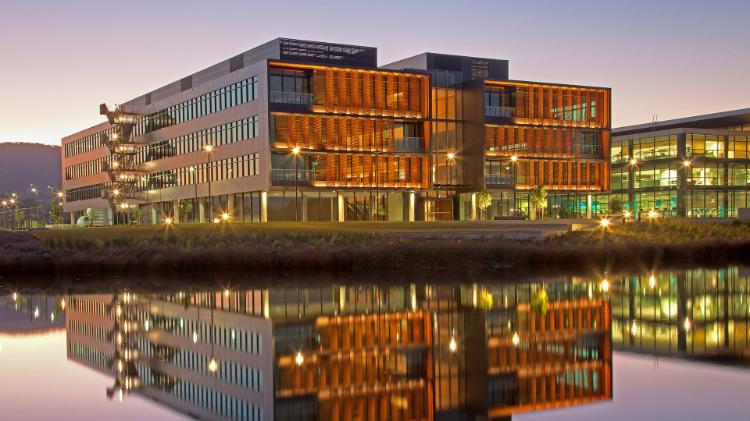UOW Hosts International Experts to Discuss High Seas Treaty
Oceans are critical to life on Earth, but are facing unprecedented challenges. One of the most pressing issues is the long-term protection of marine biodiversity, which is under threat from a range of pressures and being lost at a rate that jeopardises the sustainability of marine ecosystems.
That’s where the BBNJ Agreement (Agreement under the United Nations Convention on the Law of the Sea on the Conservation and Sustainable Use of Marine Biological Diversity of Areas Beyond National Jurisdiction), also known as the High Seas Treaty, comes into play. Adopted by member states of the United Nations in June 2023, the agreement signifies a pivotal turning point in the protection of our deep ocean environment and provides an armoury of conservation tools, strategies and mechanisms.
But how different regimes will interact with the High Seas Treaty is a complex question and one that will bring leading academics, international lawyers, policymakers and scientists together at the University of Wollongong’s (UOW) Innovation Campus from Tuesday 7 May to Friday 10 May 2024.
The BBNJ Workshop: Regime Interaction under the BBNJ Agreement is being hosted by the Australian National Centre for Ocean Resources & Security (ANCORS), and has been organised in conjunction with four international organisations, the Centre for International Law (CIL) of the National University of Singapore, the Norwegian Centre for the Law of the Sea (NCLOS), the Korea Institute of Ocean Science and Technology (KIOST) and the Nippon Foundation – University of Edinburgh Ocean Voices Programme.
Law of the sea expert and one of the workshop’s organisers, Dr Sarah Lothian, has spent much of her career following the process of the BBNJ negotiations and is excited to bring together leaders in this space to discuss the BBNJ Agreement and its future legal implications.
“After following the entire process of these negotiations for almost a decade I started talking to my ANCORS colleagues about how different regimes will interact with this new instrument,” Dr Lothian said.
“It’s an interesting legal question to look at and we’ve decided to organise this workshop to draw expertise from a number of national, sectoral and international organisations to explore this new chapter in maritime law.”
The workshop will include presentations and discussions led by leading academics, international lawyers, policymakers and scientists. The keynote address will be delivered by independent international expert Gabriele Goettsche-Wanli, former Director of the UN Division for Ocean Affairs and the Law of the Sea.
“We’re excited about this workshop, we want it to be interactive and we’ve allowed a lot of time for engagement and discussion,” Dr Lothian said.
“We’ve also dedicated some time at the workshop for early career researchers to present their work and have feedback from an international audience, which isn’t an opportunity that’s always available to them.”

